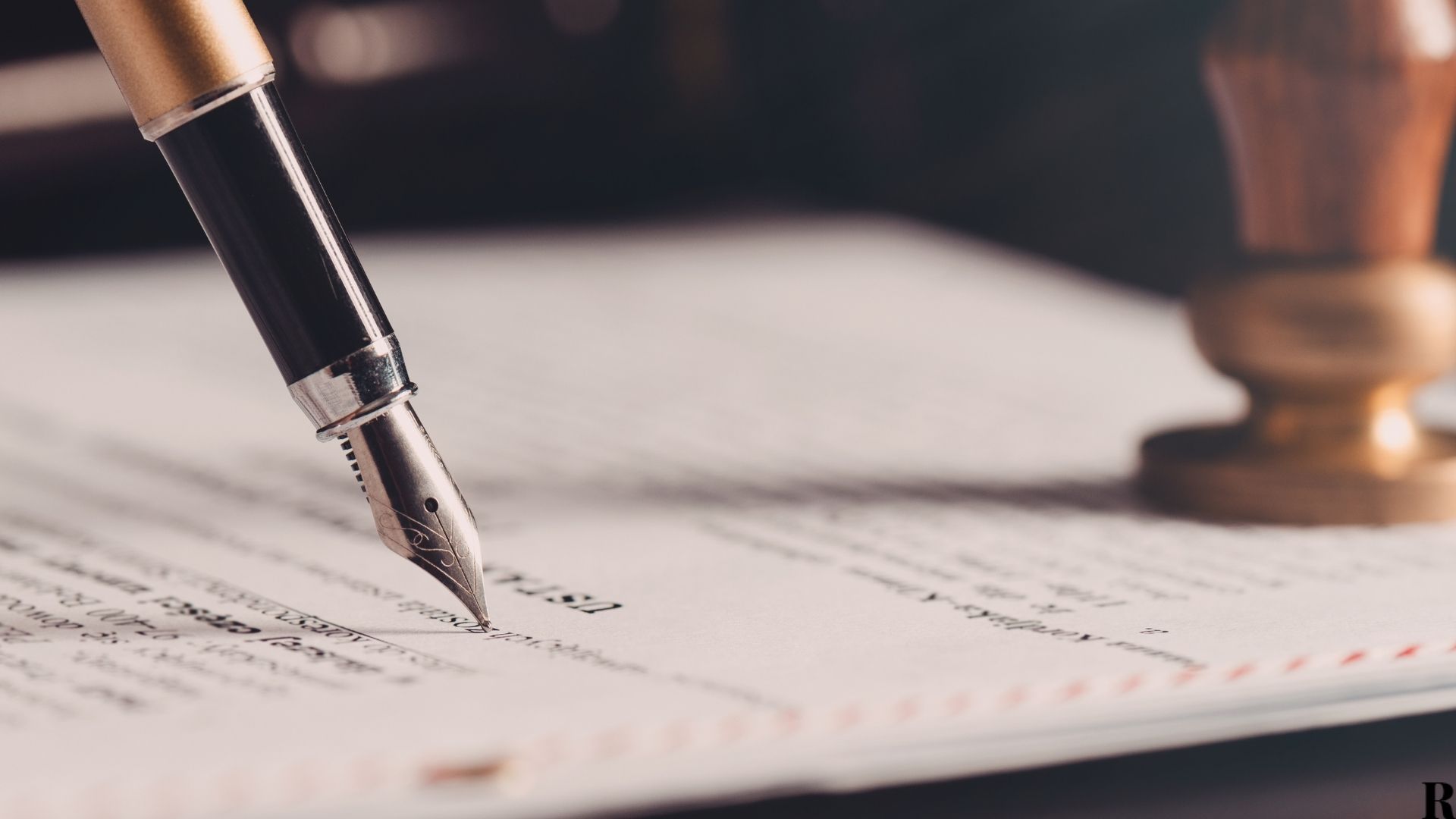DIRCO Regulations Demystified: A Overview to Diplomatic Protocol
DIRCO Regulations Demystified: A Overview to Diplomatic Protocol
Blog Article
Demystifying Notarial Work: Streamlining the Duty and Importance of Notaries
In the intricate web of legal documentation and verification, notaries stand as pillars of guarantee and authenticity. Their duty, typically shrouded in secret for many, carries significant weight in making certain the legitimacy and honesty of important documents. As guardians of legitimacy and reality, notaries play a pivotal part in our culture, yet their work is not always completely comprehended. By untangling the intricacies surrounding notarial practices and losing light on the significance of their acts, a more clear understanding emerges of the vital duty notaries play in supporting the material of legal and legal agreements.
The History of Notarial Job
The history of notarial job days back to old worlds, where scribes played a vital function in taping vital info and verifying records. This led to the advancement of notaries, individuals selected by the state to act as impartial witnesses in legal matters.
During the Center Ages, notaries got prominence in Europe, with their features expanding to include preparing lawful documents, accrediting signatures, and preserving documents. The increase of global profession better emphasized the importance of notarial job in validating agreements and agreements across borders.
In the contemporary period, notaries remain to play an important function in legal and business transactions by confirming identities, verifying the authenticity of records, and stopping fraud. Their function in accrediting the validity of contracts includes a layer of safety and depend the ever-evolving landscape of business and law.

Obligations and Duties of Notaries
Notaries play a crucial duty in verifying the authenticity of files and the identity of signatures. One of their main responsibilities is to witness the finalizing of essential records, such as acts, wills, and agreements, to make sure that all parties are entering right into contracts intentionally and willingly.
They license copies of initial records, providing assurance to establishments that the copies are real reproductions of the originals. Generally, the obligations and duties of notaries are important in safeguarding the honesty and legality of different files and purchases - Conveyancer.
Notarial Certificates and Signatures
Exemplifying careful attention to information, notarial certifications and trademarks function as vital components in verifying the authenticity of legal files. Notarial certificates commonly have crucial details such as the date of registration, the names of Look At This the signatories, a summary of the file, and the notary's official seal. These certifications give a clear document of the notarial act, making sure that the document can be conveniently recognized and traced back to the notary who managed the process.
Trademarks play a critical function in notarial work, as they signify the agreement and permission of the parties included. Notaries thoroughly witness the finalizing of records to verify the identity of the notaries and validate that they are signing of their own free choice. By attaching their official seal and trademark to the paper, notaries certify that the required procedures have actually been adhered to which the file is legitimate and enforceable.
Fundamentally, notarial certifications and signatures are the hallmark of authenticity in lawful deals, offering guarantee to all parties involved that the papers are legit and binding.
Relevance of Notarial Acts

Registration Refine Clarified
The registration process commonly starts with the individual offering the file to a notary public. Once the identification is verified, the notary makes sure that the individual signing the file does so voluntarily and without any kind of coercion.

Conclusion

Notarial certificates generally consist of essential information such as the date of registration, the names of the signatories, a description of the paper, and the notary's official seal. These certificates supply a clear document of the notarial act, advice guaranteeing that the file can be quickly recognized and mapped back to the notary who managed the procedure.
By affixing their main seal and signature to the document, notaries certify that the necessary procedures have been followed and that the file is enforceable and valid.
By verifying the identification of the signatures, validating their willingness to get in into the contract, and certifying the day and place of the signing, notaries play an essential duty in promoting the legitimacy of lawful papers.After the file is authorized, the notary will certainly affix their official seal or stamp onto the document.
Report this page